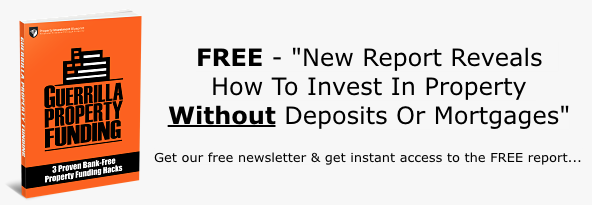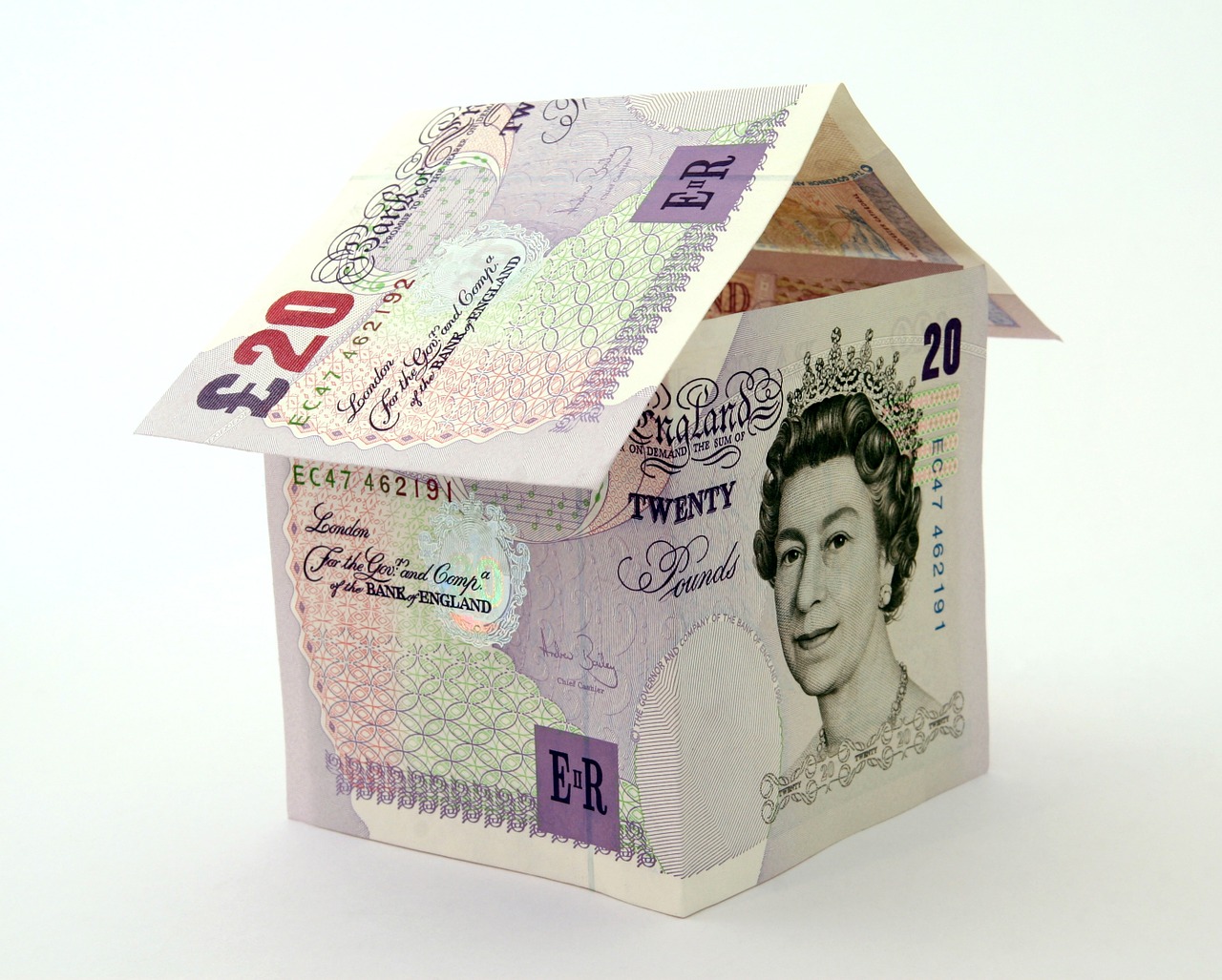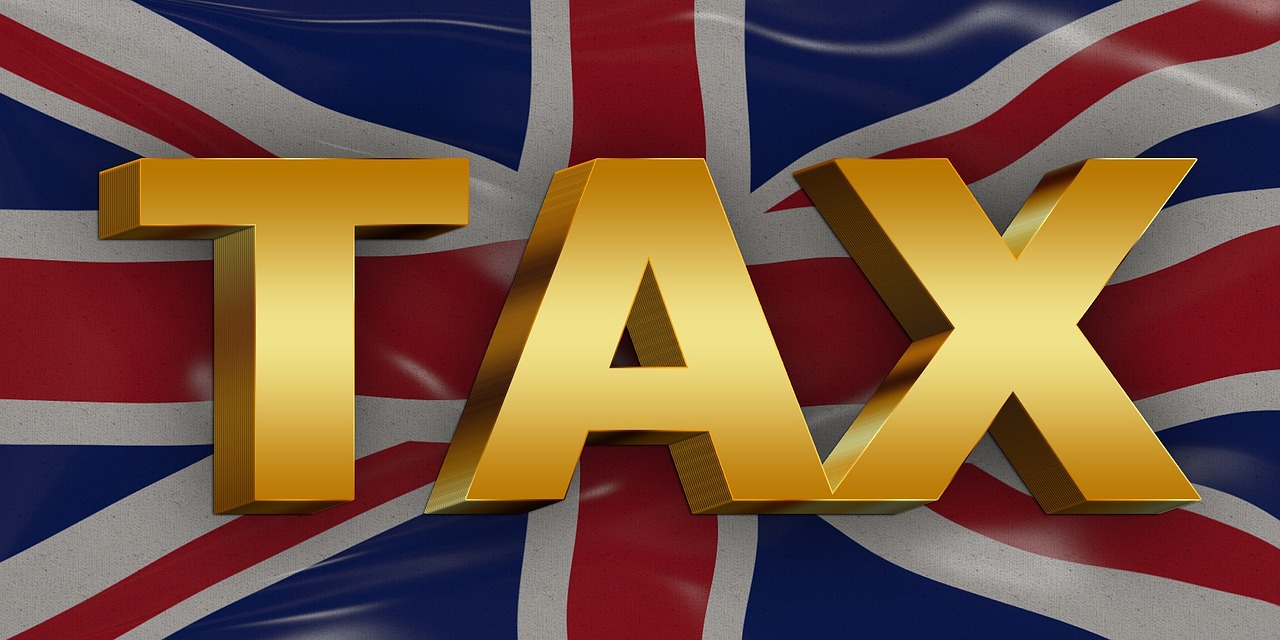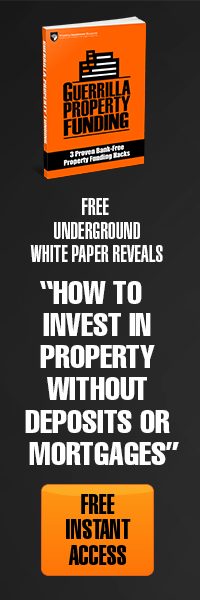
Buy To Let Tax
If you happen to be a landlord, you will need to be fully aware of your tax responsibilities. On this page, we will reveal all the buy to let tax or taxes that you need to know about... AND how to minimise them!
Do you pay tax on rental income?
Yes, rental income needs to be reported on your tax return... But to soften the blow somewhat, many associated expenses are tax deductible. In other words, you can deduct your amount of expenses from the amount of buy to let tax you have to pay.

Property tax UK
If you are a cash-basis taxpayer, then you will need to report your rental income on the return for the year you receive it, despite how it was earned. Cash basis taxpayers will need to deduct their expenses when incurred rather than do that when they are paid. In most cases people use the cash method for accounting purposes.
What is actually considered rental income?
Great question... here's a pretty comprehensive list of what you can consider rental income:
- You can generally include your rental income into your gross income, as rental income is pretty much any payment received for the act of occupying a property. You will need to report your rental income for all properties.
- Advance rent is the amount you receive before the period it covers. Including the advance rent in your rental income for the year is a must for accounting purposes.
- Security deposits used for a final payment of the rent are also considered advance rent so you should include them in your income when you receive it. Do not include a security deposit in the income when you receive it if you have any plans to return it to the tenant at the end of your lease period. If you keep part of the security deposit then you will need to include it into your income for the year, specifically if your tenants failed to live up to their end of the contract and ended up making a mess out of things.
- Payment for the act of canceling a lease will also occur when the tenant decides to do that. The amount you will receive is still considered rent, so you should include that in your income for the year regardless of the accounting method.

- You can include expenses that happen to be paid by the tenant and are deducted from the rent. You will need to include those into your rental income as well, but you can deduct the expenses if they are indeed deductible rental expenses. A good example of that can be when the tenant pays for water and sewage for the rental property and deducts that from the usual rent payment. If the terms of the lease are such, your tenant will not have to pay this bill, so you should include utility bills paid by tenants in any amount as a rent payment for your home.
- Property or services received, instead of money as rent have to be included at a fair market value for the services or property in your rental income. A good example of that would be if you have a painter tenant that offers you the chance to paint the rental property instead of paying for rent for a given period. If you accept this type of offer you will need to include the amount they would have paid as a rental income for the time spent on it.
- Working on improving the curb appeal of your property will also be a great addition to how much money you can make out of the whole property. Starting from working on some external additions to repainting the exterior walls would be a great way to improve upon what you already have. It won’t take too much work to retouch the property if you know what you’re doing.
- Buy to let and mortgage taxes are something that requires some careful understanding if you want to succeed in the long run, since lenders will need to know if you have started renting out well in advance. Most banks and building societies will offer buy to let mortgages, so the rates may be higher than residential mortgages which will reflect the risks such as defaulting and lack of rent payments.

Stamp Duty on Buy to Let
The first buy to let tax you will need to pay if you plan on building a buy-to-let portfolio is stamp duty when you’re making a purchase of a property.
The good news when it comes to stamp duty is that you can claim it back by offsetting it against capital tax liability when you’re selling. Stamp duty was levied before as a percentage of the whole purchase price, but that was changed back in the Autumn Statement of December 2014.
Buyers now work on paying stamp duty progressively instead, based on the purchase and how much over the threshold it actually is. Since then the bands are now set at 0% for £125,000 and up to 12% for those above £1.5million.
Under this system, anyone who buys a home under the price of £937,000 will be paying less or even the same. Those buying will have a chance to pay less in taxes, making this a big win for those who were caught in the tax trap.
Income Tax on Rental Income
You will need to have a complete self-assessment tax return to pay your income tax on any rental income you receive. The money you will need to pay will be mostly determined by income tax banding.
If you happen to be a basic rate taxpayer, then you will need to consider that you will pay 20%, 40% and up to 45% for the higher and additional rate. You can mostly reduce the amount of buy to let tax you will need to pay by working on offsetting so-called allowable expenses.

Tax Relief on Rental Income
The big deal is that you can claim for interest on buy-to-let mortgage payments, as they will allow you to make offsetting the mortgage interest against the rental income so you can work on paying the income tax on the gap between both.
You do need to understand that things are changing however, since plans are that from 2017 all of this will be limited to about 20% tax relief and calculations will overall be different. This could dent rental profits so only time will tell once the changes in policy set in.
You can also offset some other things that are considered as allowable expenses. This will include arrangement fees for setting up property loans.
Maintenance costs will also need to be considered, as well as letting agent fees with landlords being able to cover and claim 10% for wear and tear yearly on any finished property.
This will however change in April 2016 when the wear and tear allowance will be scrapped and landlords will only receive tax relief on expenditure that they actually make.
You can also claim for contents insurance and buildings, council tax as well as utility bills if your tenant has failed paying them. You should check with an accountant just in case if you’re not sure what to claim for.
Capital Gains on Property
When you need to sell your buy-to-let property, there will be the capital gains tax you need to pay on any of your profits. This type of buy to let tax will kick in when you sell your property at a profit of more than the usual annual allowance.
This can also be combined with the one for civil partners and married couples. It applies to any and all properties that are not your main home, something that is known as Principal Private Residence. This is something that gets a special exemption.
This tax has been levied at 18-28% depending on whether you’re talking about basic rate or even higher rate taxpayers. This means that the majority of landlords will be making good profits with a 28% rate.

UK Property Tax
If you have a single property and this is actually considered you’re your only property and principle home, then you will not have to pay this buy to let tax. The taxman will also need evidence that you are indeed living in that place. Civil partners and married couples are allowed to have only one Principal Private Property.
Inheritance Tax on Buy to Lets
When you pass away your buy to let portfolio will also form part of the estate. This will also mean that whoever inherits the portfolio itself will have a tax charge of about 40% of the total estate if it exceeds £325,000 for singles or £650,000 for married couples.
How to reduce buy to let inheritance tax?
There are ways you can reduce this inheritance task by making gifts to your relatives and putting some of the estate in trust. This will be more complex, as you will have to handle things rather differently than you do with funds, shares or cash.
Buy to Let Tax Index
Check back soon for more buy to let tax articles!
Tax Benefits Of A Limited Property Company
In this in-depth interview, property tax expert, Simon Misiewicz explains the tax benefits of a limited property company.
Simon also highlights when a limited company is NOT a good idea.
Section 24 Tax Changes: How To Mitigate Them
Many landlords are blissfully ignorant of Section 24. In this in-depth interview, property tax expert, Simon Misiewicz explains the Section 24 tax changes and how investors can mitigate the effects.
Stamp Duty Rates: Can You Avoid Or Reduce It?
A recap of the current UK stamp duty rates and some tips on how investors can reduce or even eliminate stamp duty entirely!
<< Back to Property Investment Blueprint from Buy to Let Tax
This article "Buy to Let Tax", granted by Ella A. on behalf of: http://removalcompaniestwickenham.co.uk/



